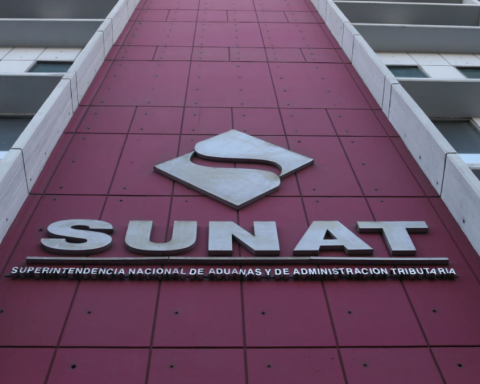the rTax eforma proposed by the government of Gustavo Petro is in the conciliation process after being partially approved in the Senate and the House of Representatives.
(Read: Tax collection, subject to international prices).
One of the pillars of the reform, in its first drafts, was to heavily tax natural persons who had monthly incomes greater than 10 million pesos.
However, according to the Government’s negotiations with the political sectors, income taxes for citizens ended with important changes. In this sense, Those who earn more than 10 million pesos will have to contribute more. This is due to the fact that the total amount that a person can deduct when making their income statement was limited.
In addition to this, dividends will have rates that will range from 0 to 20 percent and occasional earnings (inheritance, sale of real estate,…) of 15 percent, except for those from lotteries, raffles, bets and the like that would remain taxed at 25 percent.
(Also: Tax: impacts that the project will have on software services).
For Oliver Pardo, economist and director of the Fiscal Observatory, there are several points for and against the reform regarding taxes that concern natural persons.
Initially, the limits on deductions and exemptions meant that many people could deduct their contribution to an AFC account or the interest on their mortgages. Then there were several benefits for natural people but that impacted, especially, those with high incomes.
“The reform now establishes a limit on the amount of pesos that can be deducted and exempted. Before it was around 4 million pesos and now it will be more than 10 million pesos in monthly income,” explains Pardo.
Another of the positive changes is that the taxable income tax base is not very sensitive to dependents. “Having a single-person household with a monthly income of 10 million pesos is not the same as having the income of a single mother with three dependent children with the same income. The reality of consumption is completely different“, assures the expert.
(Keep reading: Tax: keys on taxes on the richest and on oil).
For this reason, he emphasizes that the tax can be deducted up to 230 thousand pesos per month for each dependent in the home. Nevertheless, Although the measure is positive, Pardo reiterates that it is not enough.
For the expert, what is desirable is that the tax base be even more sensitive to the number of dependents, since this would imply a distribution of the collection.
Now, regarding what was not left, the director of the Fiscal Observatory points out that the government was “shy” since initially they had proposed raising taxes for people with monthly income of more than 10 million pesosyes
“The consequence of this is that even people who earn more than 10 million pesos a month will see an increase in their tax burden, but very little. Therefore, what is expected to be collected by natural persons is very small.“, says Brown.
For him, a successful tax reform has to simplify the income statement, reduce the number of marginal rates, have a single card where all income is grouped and expand the base of filers.
BRIEFCASE

















